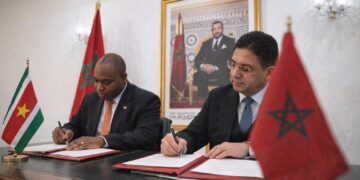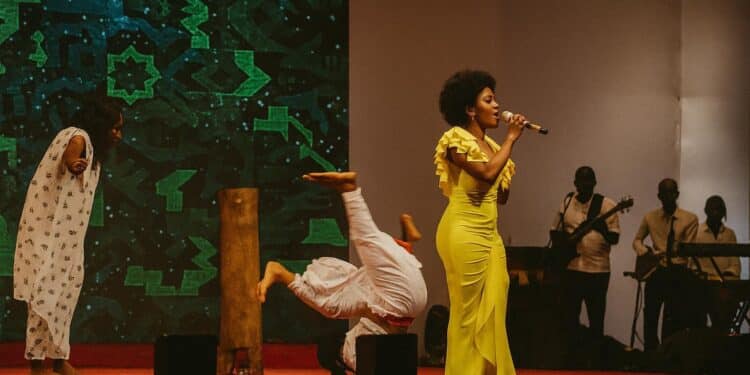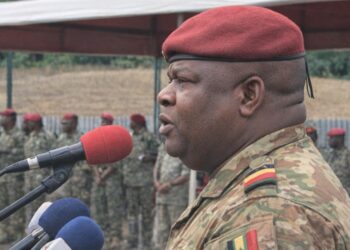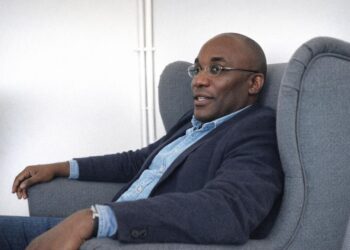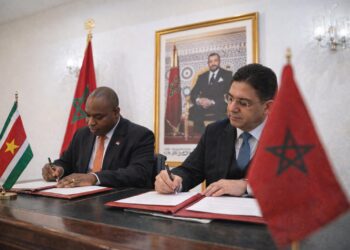Opening Night Resonates Beyond the Stage
The floodlit esplanade of Brazzaville’s Palais des Congrès was unusually hushed in the seconds before the first drum roll on 19 July. Moments later, more than 250 dancers surged forward, joined by the crisp cadences of slammers Mariusca Moukengue and Black Panthère and the fluid choreography of Gervais Tomadiatunga. Their kinetic tableau, entitled “The Year of Youth”, ignited the 12th Pan-African Music Festival (FESPAM) and immediately framed the event as far more than a musical showcase. In attendance were President Denis Sassou Nguesso, First Lady Antoinette Sassou Nguesso and Prime Minister Anatole Collinet Makosso, alongside foreign dignitaries who understood that cultural spectacle often precedes diplomatic conversation.
Soft Power in Three-Minute Intervals
Each segment of the gala compressed decades of Congolese artistic innovation into vignettes that travelled swiftly from ancestral drum patterns to autotuned refrains. Analysts of cultural diplomacy will note that FESPAM’s opening ceremony consciously paired traditional rumba—recently inscribed on UNESCO’s intangible heritage list—with spoken-word slam, a genre celebrated by urban youth across Francophone Africa. This aesthetic fusion projected an image of a nation at ease with its past yet fluent in the digital idioms that now shape Africa’s creative economy (UNESCO, 2022).
A Presidential Audience and an Economic Subtext
While the choreography referenced pan-African unity, the official theme, “Music and Economic Stakes in Africa in the Digital Age”, signalled a pragmatic purpose. Government advisers emphasise that streaming revenues on the continent are projected to top USD 500 million by 2025 (PwC Africa Media Outlook, 2023). By convening leading labels, tech entrepreneurs and visiting ministers in Brazzaville, President Sassou Nguesso positioned Congo as a potential hub for francophone content distribution. The attendance of cabinet-level economic portfolios underscored the administration’s view that cultural production can diversify national revenue beyond hydrocarbon exports without sacrificing artistic authenticity.
Youthful Artistry as Development Argument
Slam poet Mariusca Moukengue captured this dual ambition succinctly on-stage: “Our words ask for trust; our rhythm invites investment.” Her statement reflects a demographic reality—over 60 percent of Congo’s population is under 25 (UN DESA, 2022). By foregrounding young performers, organisers advanced a narrative in which creative self-employment mitigates urban joblessness. Gervais Tomadiatunga’s fusion of hip-hop footwork with Kongo kingdom gestures embodied a generational claim to both heritage and modern entrepreneurship. Behind the lights, start-up booths promoted locally built music-distribution apps, aligning anecdotal artistry with the metrics favoured by development partners.
From Rumba to Revenue Streams
Observers from the African Union’s Culture Division, under whose aegis FESPAM operates, praised Congo’s pledge to update copyright statutes before the festival’s next edition. Such legal reforms are considered essential if Congolese rumba—which commands millions of views on global platforms—is to convert virtual acclaim into royalties accruing to domestic composers. During a panel moderated by Cameroonian economist Célestin Monga, industry executives mapped scenarios in which Brazzaville-based studios could export audio-visual content to the diaspora while retaining intellectual property at home (Africanews, July 2023). The discourse complemented the symbolic presence of the presidential couple, projecting institutional continuity in support of the creative sector.
Regional Reverberations and Strategic Timing
Brazzaville’s decision to hold the 12th edition after a four-year pandemic hiatus also carried geopolitical nuance. With major cultural capitals such as Dakar and Lagos vying for entertainment investment, Congo’s early return to festival scheduling asserts its relevance in Central Africa’s soft-power matrix. Foreign envoys interviewed at the venue referenced the logistical efficiency of the opening night as a reassuring signal to potential investors watching regional stability indicators. In a continent where perception often informs portfolio flows, the choreography of logistics mattered as much as the choreography on stage.
Future Notes in the Score of Cultural Diplomacy
As the final cymbal crash dissolved into a chorus of vuvuzelas, the younger performers hoisted a banner reading “Trust the Youth”. The gesture encapsulated the evening’s subtext: a call for sustained governmental and private-sector backing. Diplomatic observers will watch the months ahead for concrete follow-up—a creative-industries fund announced in the Prime Minister’s remarks, streaming-platform partnerships hinted at by visiting francophone executives, and the anticipated passage of updated copyright legislation. Should these initiatives materialise, FESPAM 2023 may be remembered less for its fireworks than for the quiet recalibration of Congo’s economic narrative around cultural capital.
Curtain Call with Measured Optimism
The festival’s opening night delivered a carefully scripted interplay of artistry and statecraft. Without overt politicisation, it showcased a leadership attuned to the symbolic leverage of music in an increasingly digital marketplace. For the diplomats and investors seated beneath the presidential box, the message was clear: Congo-Brazzaville intends to dance at the centre of Africa’s next creative-economy cycle, with its youth keeping time to a rumba that is at once traditional, digitised and distinctly investible.

